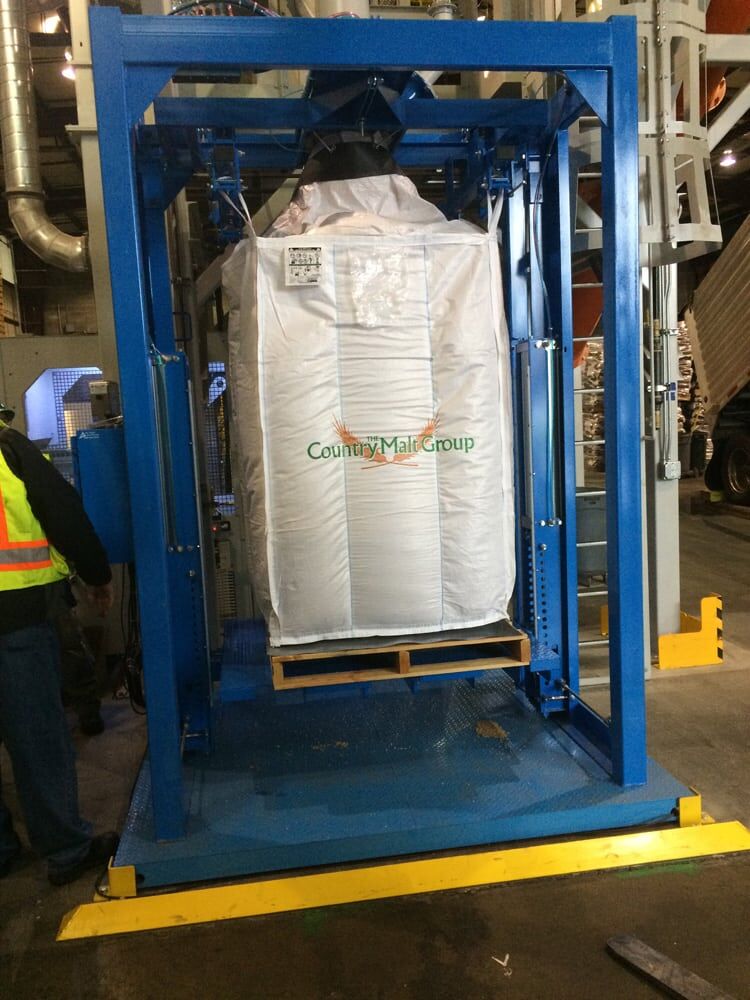Not All Scales Are NTEP Certified.
To become NTEP certifiable, manufacturers pay large sums (around 25k) to have their product models evaluated. Obviously manufacturers will forego this step if their scale isn’t designed for trade; it doesn’t mean their scales are less accurate or precise than others. But it does mean that if you want to use these scales to sell product by weight you have to jump through extra hoops.
Any Scale Can Be Used In Trade.
You just may have to make some adjustments. For example, when our client wanted a new bulk bag filler we found a model that that was perfect for their needs but wasn’t registered with NTEP. The options were to use a less suitable model that was registered, replace the load cells in their filler of choice, or set the whole unit on bigger, certifiable cells. Going with higher capacity cells would mean lower definition, but since they were certifiable to the level needed and the unit came with a more granular set anyway, we chose the latter.
Next was some programming and wire-cutting. The new load cells were to 1, interface with the existing controller and 2, tell the filler to stop when the bags reached target weight. Once everything was installed we calibrated the system, certified it, and helped send the registration paperwork in. All said and done we were able to deliver all the functionality our client needed at the best price possible.
The relationship between NTEP Certified and Legal-For-Trade are pretty simple but often misunderstood. Basically NTEP determines whether the components of a scale can hold calibration and be generally reliable. Legal-For-Trade determines whether a scale has been calibrated correctly and belongs to a type approved by NTEP. But states’ Weights and Measures department don’t calibrate scales themselves. They rely on a trusted third party (like us) to calibrate and certify them. This allows some freedom from red tape as long as we stay within certain parameters.

Nearly every application in the processing industry is new in some ways, and old in others; you just never know what’s possible until you try. That’s why we encourage producers to come to us whether their problem is clearly defined or not. We love discovering, delivering, and sometimes creating possibilities.